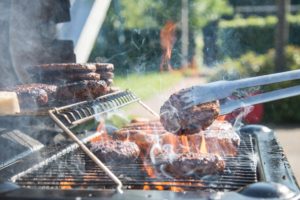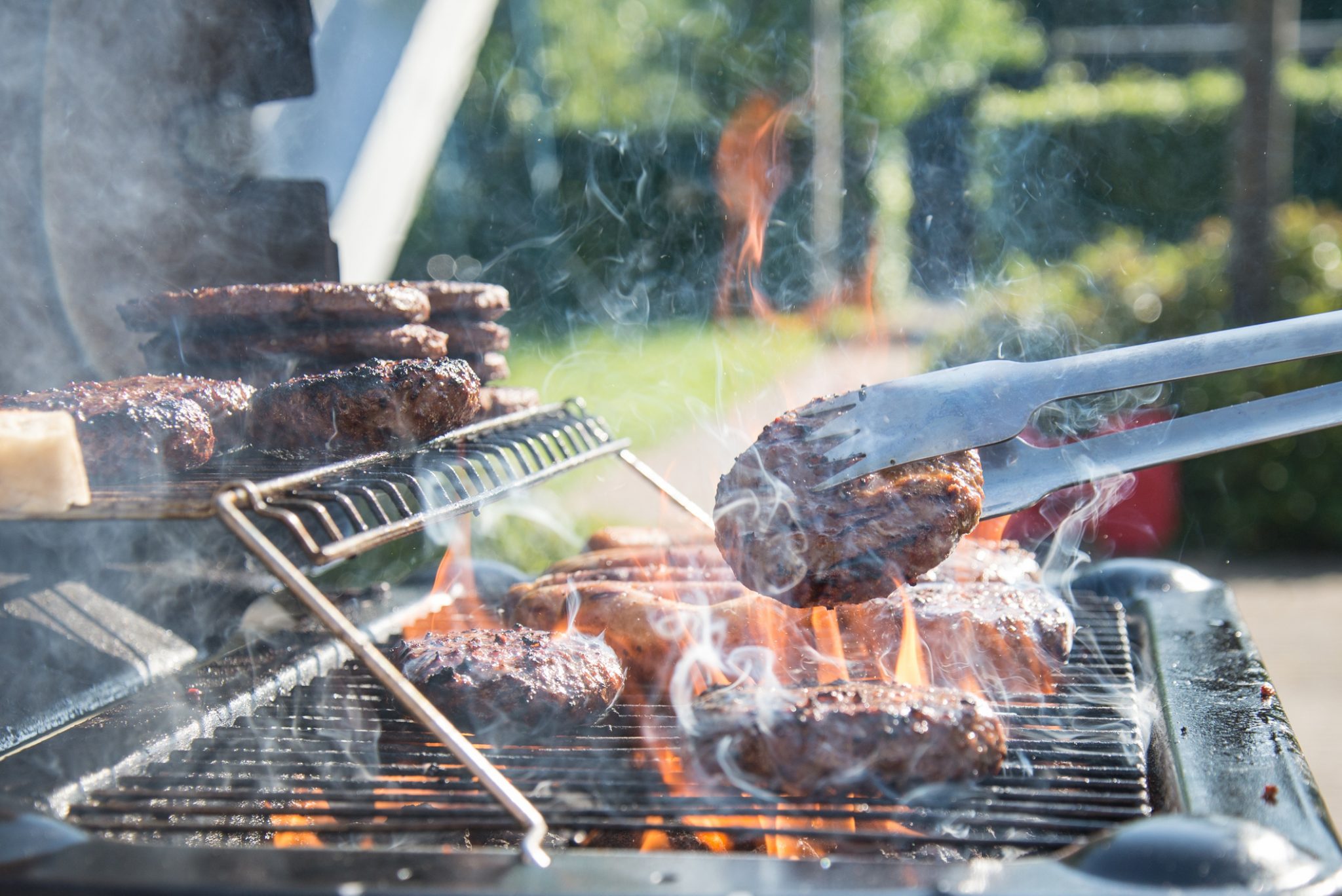Justin Stoltzfus
The backyard grill is a staple of summer. But gas and charcoal grills alike can be dangerous if not used safely. Each year, carbon monoxide from charcoal grills causes about 400 injuries and 20 deaths, according to the Insurance Information Institute, while gas grills spark 500 fires and dozens of injuries.
Home insurance and renters insurance cover fires, including those sparked by cooking equipment. But to avoid the insurance claims process, premium increases and tragic losses of life and property, homeowners and renters should take care to minimize their risks this summer.

The Insurance Information Institute and the Health, Patio and Barbecue Association offer the following safe grilling tips:
- Use grills only in open areas away from flammable materials like piles of leaves or brush.
- Use your grill outside only. Deadly carbon monoxide may accumulate if you use a grill inside your house, in a tent or in a garage.
- Keep the grill out of the sun, which can increase pressure in the tank and cause leaks.
- Dress appropriately for grilling (no loose or hanging clothes).
- Watch children around the grill, and never leave hot grills unattended. According to the National Fire Protection Association, contact with a grill is one of the leading causes of burns for children under 5 years old.
- Have water and fire extinguishers at your disposal for emergencies. In the case of a grease fire, use baking soda to extinguish it.
- Read the owner’s manual for your grill. This will help you identify the biggest safety risks for your specific model.
- Keep the grill stable so it doesn’t fall or collapse. Don’t move the grill while it’s hot — you could drop it and end up with severe burns.
- Do not leave hot grills unsupervised after the party is over. Grills can remain hot for as long as an hour after use, and even “used up” coals can quickly set fire to a deck.
- Consider putting a grill pad under your grill. Usually made of plastic or cement, these pads protect your deck from hot grease that drips off the grill.
- Inspect the grill and all its parts at the beginning of each season. Look for cracks, dirt buildup and general wear-and-tear. Clean the grill often to prevent grease buildup, which can cause fires.
